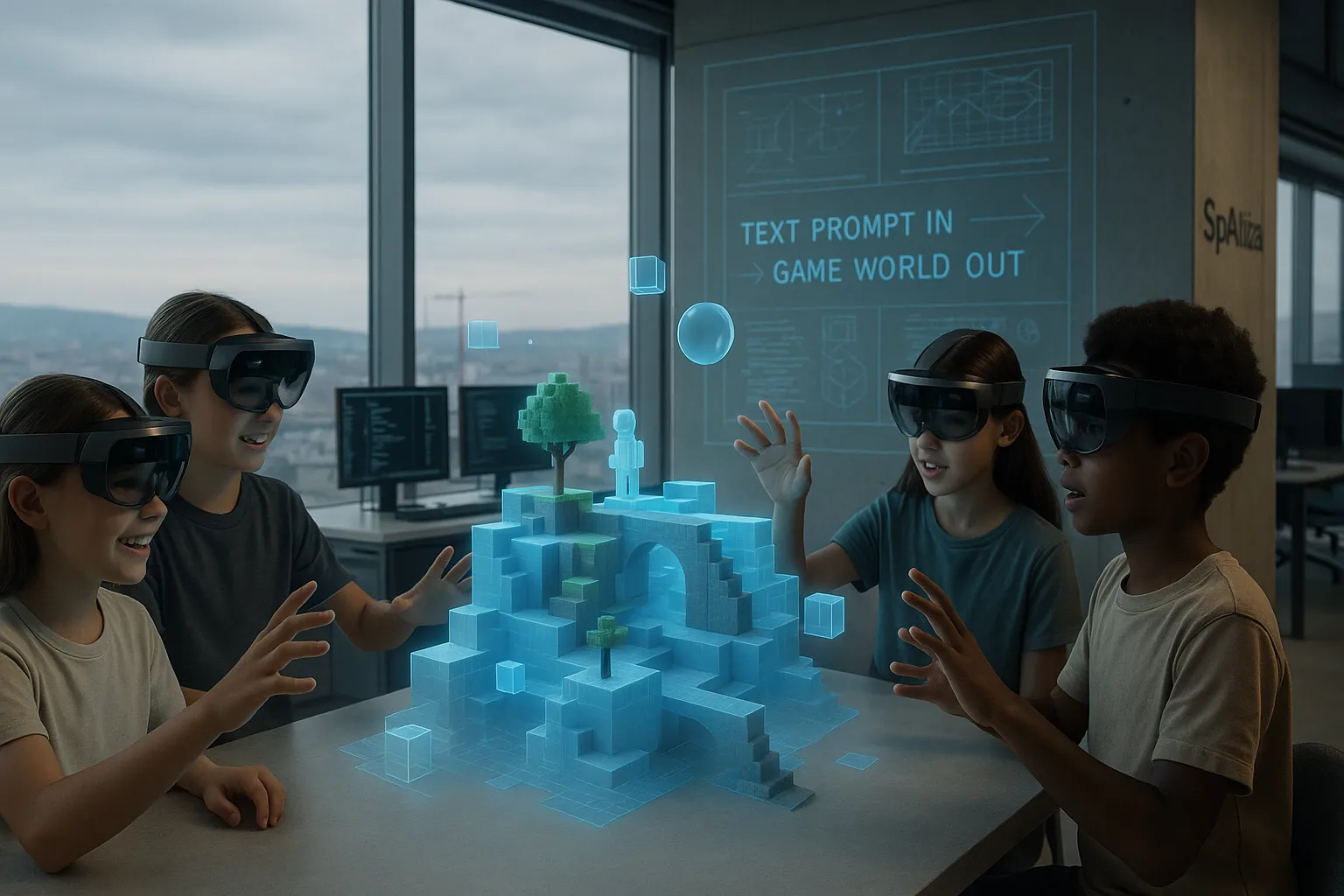💡 TL;DR - The 30 Seconds Version
💰 Former Synthesia cofounder raised $13 million for SpAItial, which builds interactive 3D worlds from text prompts.
👥 His team includes ex-Google and Meta researchers who built 3D teleconferencing and text-to-3D systems.
🎮 The goal: let a 10-year-old create a video game in 10 minutes using text commands.
Matthias Niessner took a break from his AI lab at Technical University of Munich to solve what he calls the "holy grail" of AI models. His startup SpAItial raised $13 million to build AI that creates interactive 3D worlds from text prompts.
The seed round, led by Earlybird Venture Capital, is unusually large for a European startup with little more than a teaser video. But Niessner assembled a team that knows 3D AI. His cofounders include Ricardo Martin-Brualla from Google's 3D teleconferencing team and David Novotny, who led Meta's text-to-3D project for six years.
SpAItial faces competition from Odyssey, which raised $27 million, and World Labs, already valued over $1 billion. But Niessner thinks the real challenge isn't just creating 3D worlds—it's making them behave like reality. He wants virtual glasses to shatter properly and objects to react with physics accuracy.
The plan is to license the foundation model to developers who build specific applications. Video games seem obvious, but the technology could work for construction visualization and robot training.
Why this matters:
- If a 10-year-old can truly create a video game in 10 minutes, we're looking at the democratization of creativity on a scale that makes today's content creation tools look quaint.
- The race to build interactive 3D worlds isn't just about gaming—it's about who controls the infrastructure for digital reality.









